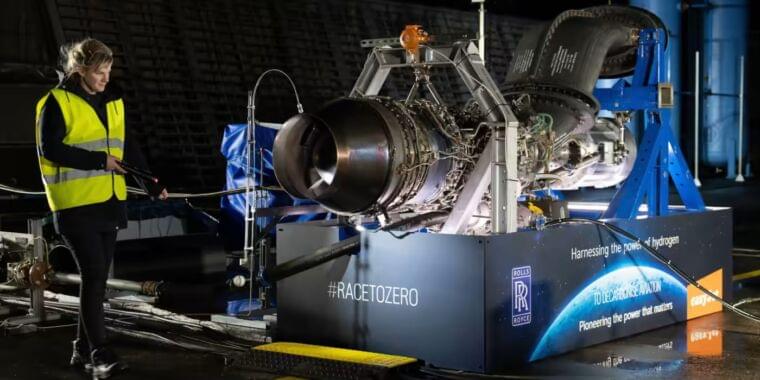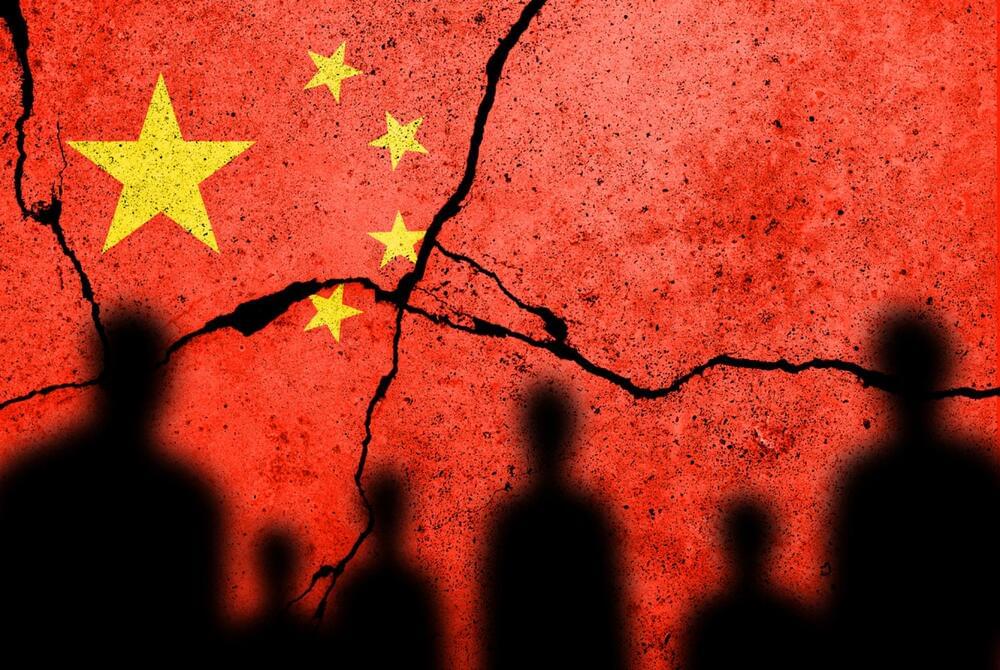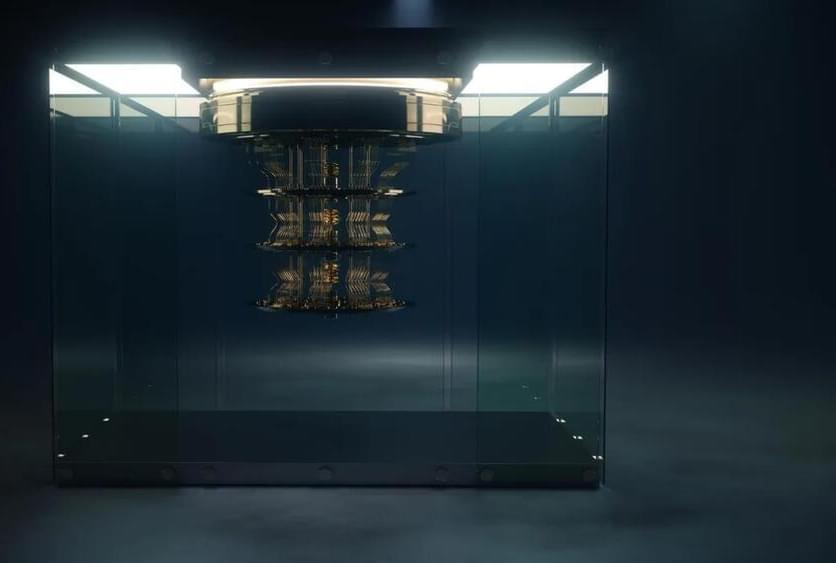25 years ago, the film Contact made its theatrical debut starring Jodie Foster and Matthew McConaughey and told the story of Dr. Eleanor Arroway (Jodie Foster) who picked up a radio signal from the star Vega and how this discovery impacted not just herself, but humanity as a whole. Over time, she discovers the signal has embedded instructions sent by the aliens to build a device capable of sending one person into outer space, presumably to meet the Vegans.
The device is built, and she is eventually hurled through a series of outer space tunnels where she meets an alien in the form of her long-deceased father. Right before she’s sent back home, the alien informs her, “This was just a first step. In time you’ll take another.” When she awakens, her colleagues inform her the pod she sat in fell straight through the device and she never actually left. With no hard evidence of both her travels and meeting the aliens, Eleanor is left scrutinized by both the public and Congress. She is ultimately given a “healthy grant” to fund further research into finding more signals from ET, and the film ends with her pondering her journey to the stars.
While some moviegoers were bummed that they didn’t see the aliens—who instead downloaded Jodie Foster’s consciousness so they could talk to her easier—the important message of the film, and the book that it’s based on, is to persevere, but also knowing there will be hardships and sacrifices along the way. In the case of Eleanor, she loses her father at a very young age who had gotten her hooked on astronomy. Later, she passes on love with Palmer Joss (Matthew McConaughey) to remain in pursuit of her research, all while consistently being roadblocked by her former boss. And even after she reaches her goal of contacting the aliens who sent the message, she’s still scrutinized and ridiculed.







